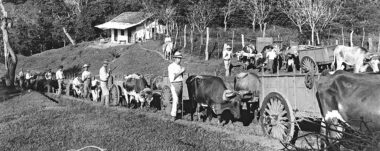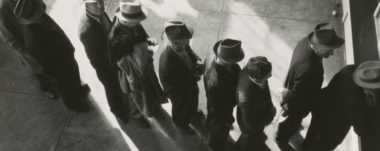ROP: the problem of the Mandatory Regime of Supplementary Pension
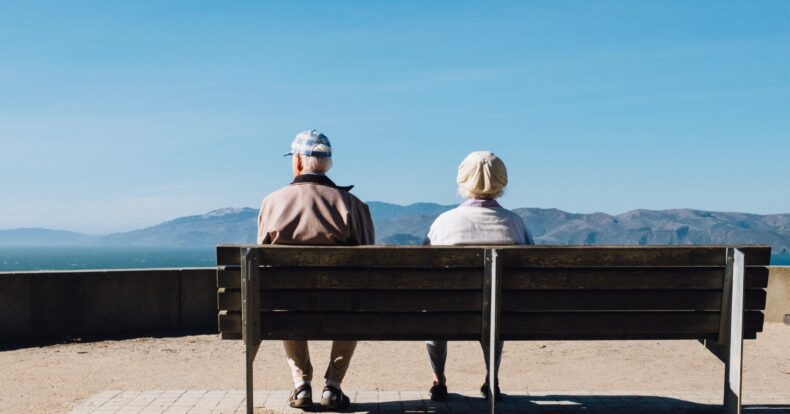
What is happening with the ROP? Why are workers worried about their pension status? Learn more about all these issues.
What is the Mandatory Regime of Supplementary Pension?
According to the Operadora de Pensiones Complementarias, the Mandatory Regime of Supplementary Pension (ROPC or ROP) is a mandatory fund created in the 2000s. This is intended to supplement the basic pension granted to individuals upon retirement. In this way they improve their income and maintain their quality of life. In other words, it is an additional economic support month by month.
Thus, most of the workers who retire receive approximately 60% of the income they received during their working life. Forty-two percent comes from the basic regime and the other 15-20% comes from the ROP.
The ROP is fed throughout the employee’s working life by contributions from the employer (3.25%) and the employee (1%), which would become 4.25% of the salary reported on the payroll. This should not be confused with the voluntary pension.
In 2022, the ROP registered 2.9 million members of the system and almost 42 thousand pensioners who have opted between different modalities to enjoy their supplementary pension.
The amount that the pensioner will receive will depend on the amount of money saved during his/her working life and the yield of the investments made by the Supplementary Pension Operators (OPC) with these resources.
In fact, the same OPC site states that:
[…] the income generated by the investment management carried out by the operator contributes to the saved balance.
Investments?
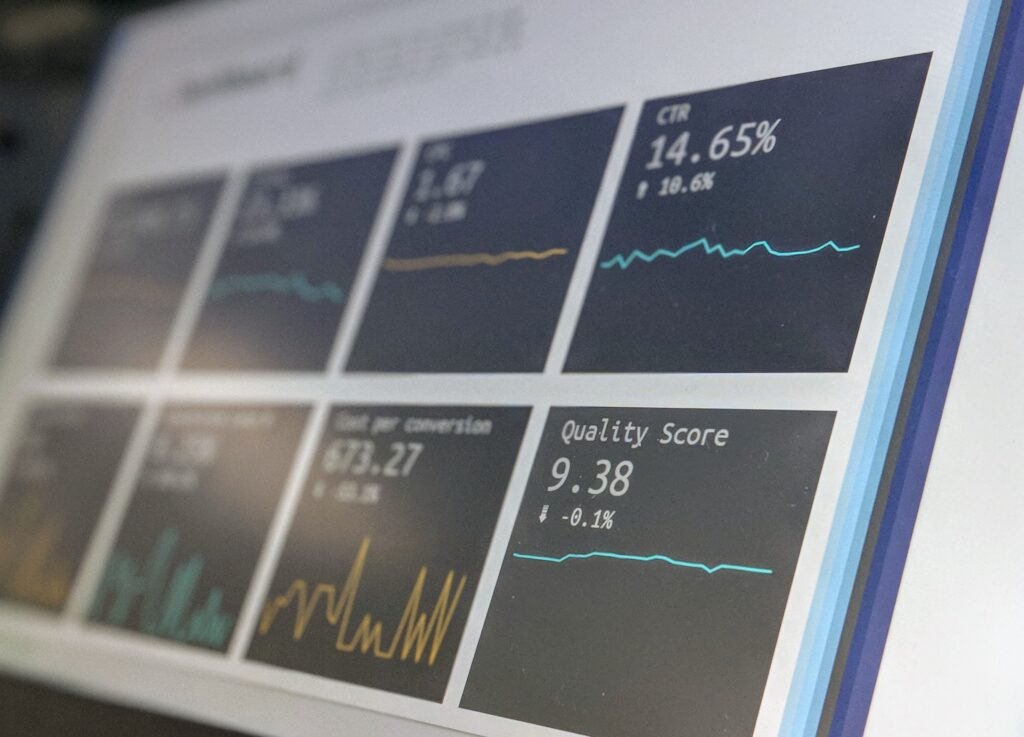
Yes. The money saved by the workers is a long-term savings that the pension operators work with through the investment of the funds.
The OPCs invest the money contributed by the workers every month. These investments generate fixed or stable income because they depend on their value in the market.
Thus, OPCs have approximately 60% of their funds invested in the public sector, 30% abroad and 10% in the Costa Rican private sector.
There are six pension operators in Costa Rica: four are publicly owned (Popular Pensiones, BCR Pensiones, BN Vital, OPC CCSS) and two are privately owned (BAC Pensiones and Vida Plena).
Thus, the OPCs estimate that 70% of the pension obtained through the ROP comes from the profits of the investments and 30% from the saved contributions.
The idea of these investments has been around for a long time. In fact, they were justified by the lack of investments in Costa Rica. Besides, the pension funds were attracted by the international stock market boom of 2010, by the monetary policies of “quantitative easing”.
What happened?
Many began to report significant impacts on their ROP performance.
Indeed, all the OPCs presented, in 2022, negative returns in the management of the ROP fund. Also, variations in the exchange rate of the colón against the dollar also affect investment performance.
How much is this loss? In the first half of last year, a loss of between -2.34% and -4.25% was recorded; as of July, a drop of between -5.53% and -7.74% was reported, depending on the operator.
Losses are more significant in the case of the more internationalized operators, as they are more exposed to the global market. Here is the list of investments by operator:
- Popular Pensiones: 43.3% (1.6 trillion colones) of funds abroad
- BAC Pensiones: 36% (437 billion colones) of funds abroad
- BN Vital: 27.9% (533 billion colones) of funds abroad
Between them, these three operators invested approximately 6% of GDP in the international market.
What has been done so far?
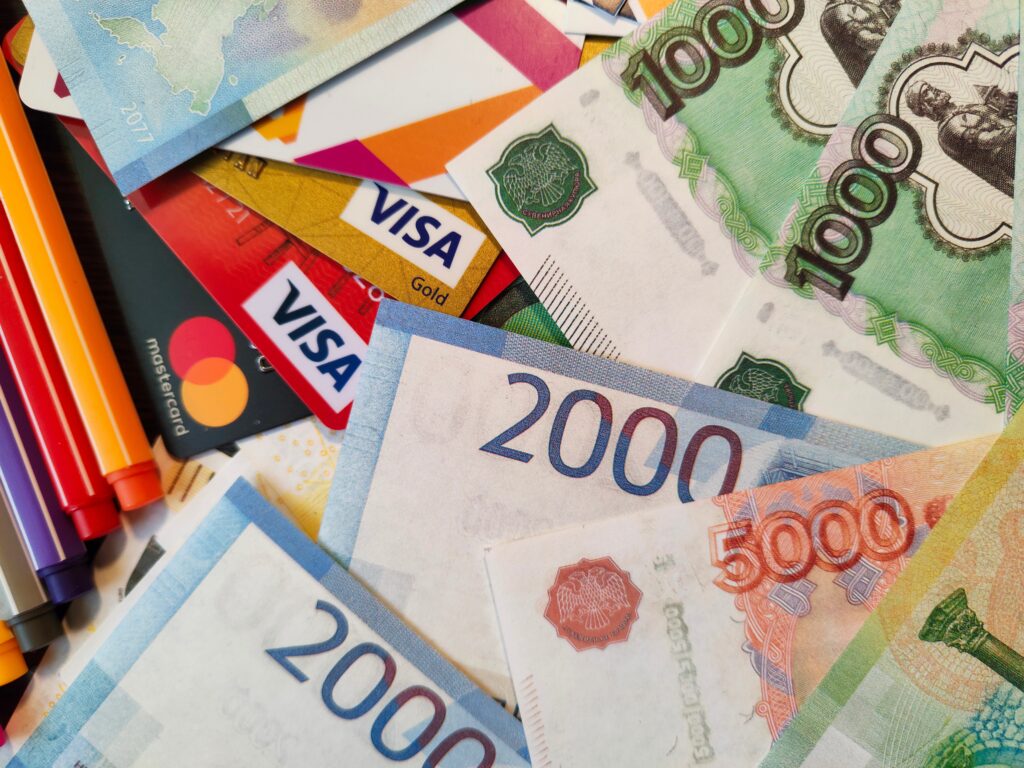
Currently, there are millions of people in Costa Rica who see alarming numbers on their account statements.
The regulatory authorities are accused of being permissive and negligent in promoting, in a certain way, gambling with the pension funds of millions of Costa Ricans.
So far, these authorities and the operators have not explained what was done, what happened, nor have they been willing to account for the people who entrusted them with the money. Nor have they received any kind of sanction.
Sensorial Sunsets
Navigate articles




